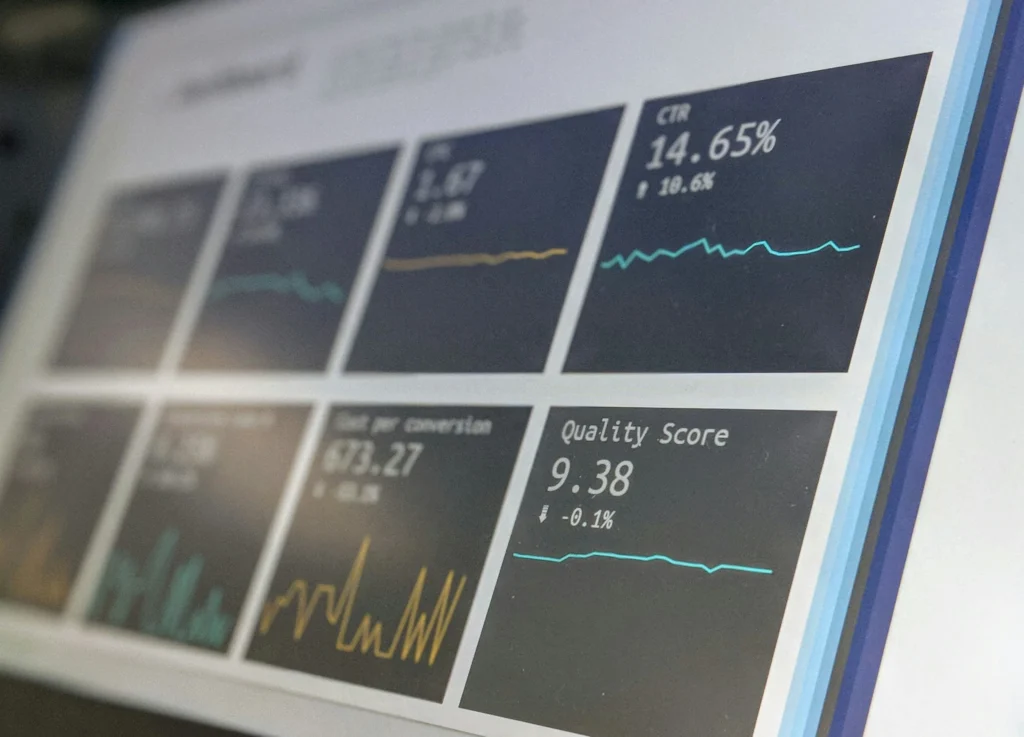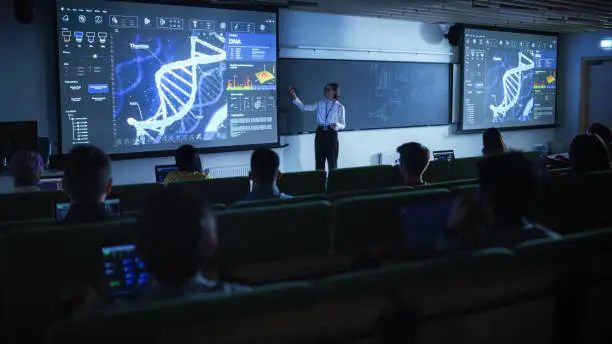Table of Contents
Introduction
Machine learning (ML) is revolutionizing various aspects of modern society, impacting industries, healthcare, and daily life. By enabling computers to learn from data and improve over time, machine learning is driving innovation and efficiency across the globe.
Machine Learning in Finance

Enhancing Fraud Detection
The financial sector is leveraging ML to enhance fraud detection and prevention, safeguarding both institutions and customers.
Real-time Transaction Monitoring
- Identifying suspicious transactions and patterns in real-time.
- Reducing financial fraud and protecting consumer data.
Credit Scoring and Risk Management
- Assessing credit risk using ML models.
- Improving the accuracy of credit scoring systems.
Automating Trading and Investment
Machine learning is transforming trading and investment strategies by automating processes and providing data-driven insights.
Algorithmic Trading
- Utilizing ML algorithms to execute trades at optimal times.
- Minimizing human error and maximizing profits.
Portfolio Management
- Personalizing investment strategies based on individual risk profiles.
- Enhancing decision-making through predictive analytics.
Machine Learning in Healthcare

Early Disease Detection
- Utilizing ML for early detection of diseases like cancer and diabetes.
- Predicting outbreaks of infectious diseases through data analysis.
Personalized Treatment Plans
- Tailoring treatments based on individual patient data.
- Improving patient outcomes through customized healthcare solutions.
Optimizing Resource Allocation
- Predicting patient admission rates and optimizing staff allocation.
- Managing inventory and supply chains for medical resources.
Machine Learning in Manufacturing

Monitoring Equipment Health
- Using sensors and ML algorithms to monitor machinery.
Reducing Operational Costs
- Minimizing unplanned downtime and repair costs.
- Extending the lifespan of equipment through proactive maintenance.
Quality Control and Assurance
Machine learning enhances quality control processes, ensuring products meet high standards and reducing defects.
Automated Inspection Systems
- Implementing ML-powered visual inspection systems.
- Detecting defects and inconsistencies in real-time.
Improving Production Processes
- Analyzing production data to optimize processes.
- Reducing waste and improving product quality.
Machine Learning in Education

Personalized Learning Experiences
Machine learning is transforming education by providing personalized learning experiences tailored to individual student needs.
Adaptive Learning Platforms
- Creating customized lesson plans based on student performance.
- Enhancing learning outcomes through tailored content
Identifying Learning Gaps
- Analyzing student data to identify areas of improvement.
- Providing targeted interventions to address learning gaps.
Enhancing Administrative Efficiency
Educational institutions are using ML to streamline administrative processes, allowing educators to focus more on teaching.
Automating Administrative Tasks
- Automating enrollment, grading, and reporting processes.
- Reducing administrative burdens on educators.
Machine Learning in Retail

Personalized Shopping Experiences
- Analyzing customer preferences and purchase history.
- Offering tailored product recommendations and promotions.
Chatbots and Virtual Assistants
- Enhancing customer service with AI-driven chatbots.
- Providing 24/7 support and resolving customer inquiries efficiently.
Optimizing Supply Chain Management
Machine learning is optimizing supply chain operations, ensuring products are delivered efficiently and cost-effectively.
Demand Forecasting
- Predicting product demand to manage inventory levels.
- Reducing overstock and stockouts through accurate forecasts.
Logistics and Delivery
- Optimizing delivery routes and schedules.
- Enhancing the efficiency of logistics operations.
Machine Learning in Transportation

Improving Traffic Management
ML is enhancing traffic management systems, reducing congestion and improving safety.
Predictive Traffic Control
- Analyzing traffic patterns to optimize signal timings.
- Reducing traffic congestion and improving flow.
Accident Prediction and Prevention
- Identifying high-risk areas and predicting accidents.
- Implementing measures to enhance road safety.
Advancing Autonomous Vehicles
ML is at the core of advancements in autonomous vehicle technology, making self-driving cars a reality.
Sensor Data Analysis
- Processing data from sensors to navigate and make decisions.
Improving Navigation Systems
- Developing advanced navigation and route planning algorithms.
- Ensuring efficient and accurate autonomous driving.
Conclusion
Machine learning is profoundly transforming various sectors, from healthcare and finance to retail and transportation. By harnessing the power of data, ML enables more accurate predictions, efficient processes, and personalized experiences. As ML continues to evolve, its impact on society will only grow, driving innovation and shaping the future.
